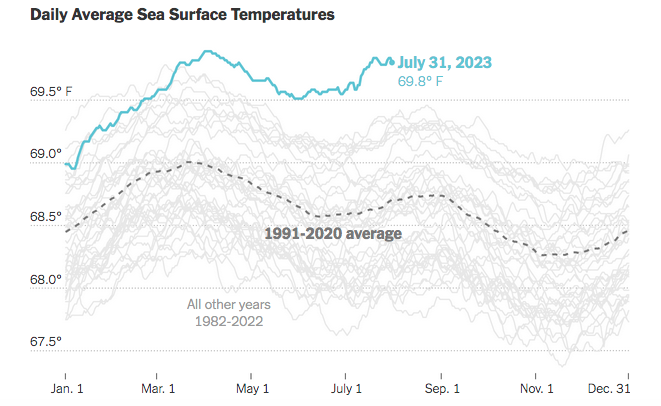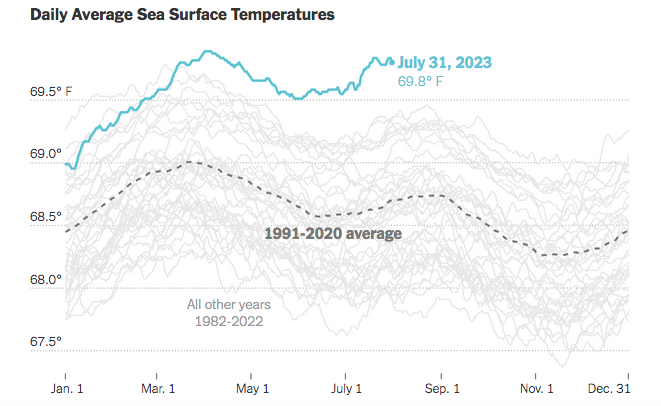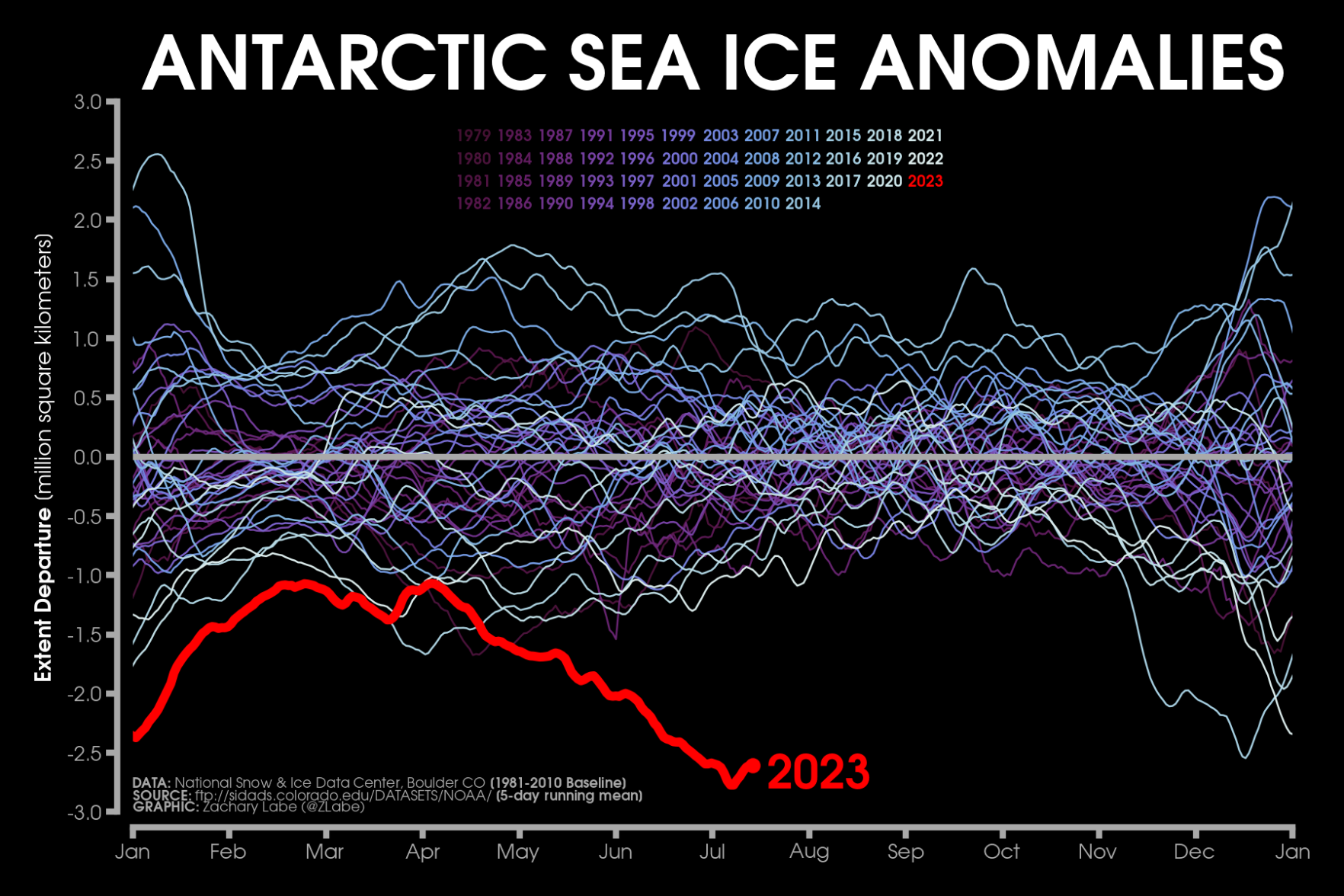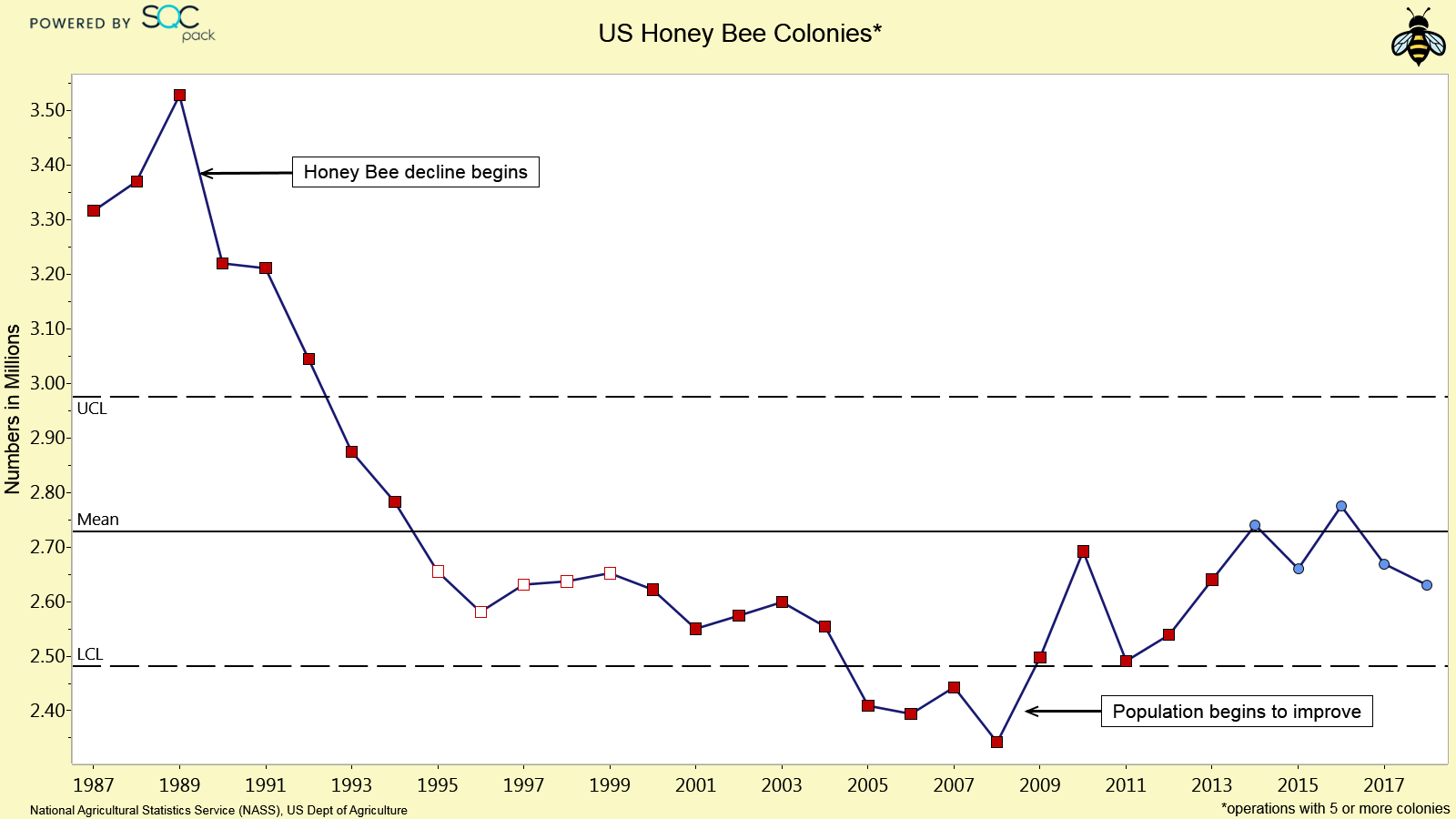Doomers
319 readers
1 users here now
Musings and discussion surrounding the end of human civilization
Guidelines:
- Anyone can post
- Keep discussion civil and be respectful of others
- Keep content on-topic
- Appropriately label any NSFW content
- Do not post bigoted or hateful speech, nor incite violence or encourage criminal behavior
- Do not harass others
- Do not post extreme or offensive content
- Violations of any guideline will be subject to removal of post, public or private admonition, or temporary or permanent user removal at the discretion of any moderator
- Spam will be removed
founded 1 year ago
MODERATORS
1
3
4
1
Economics is not just the "dismal science". In some cases it's completely unhinged.
(theintercept.com)
5
6
7
8
9
10
11
12
13
14
15
16
17
18
19
20
21
22
23
24
25
view more: next ›



